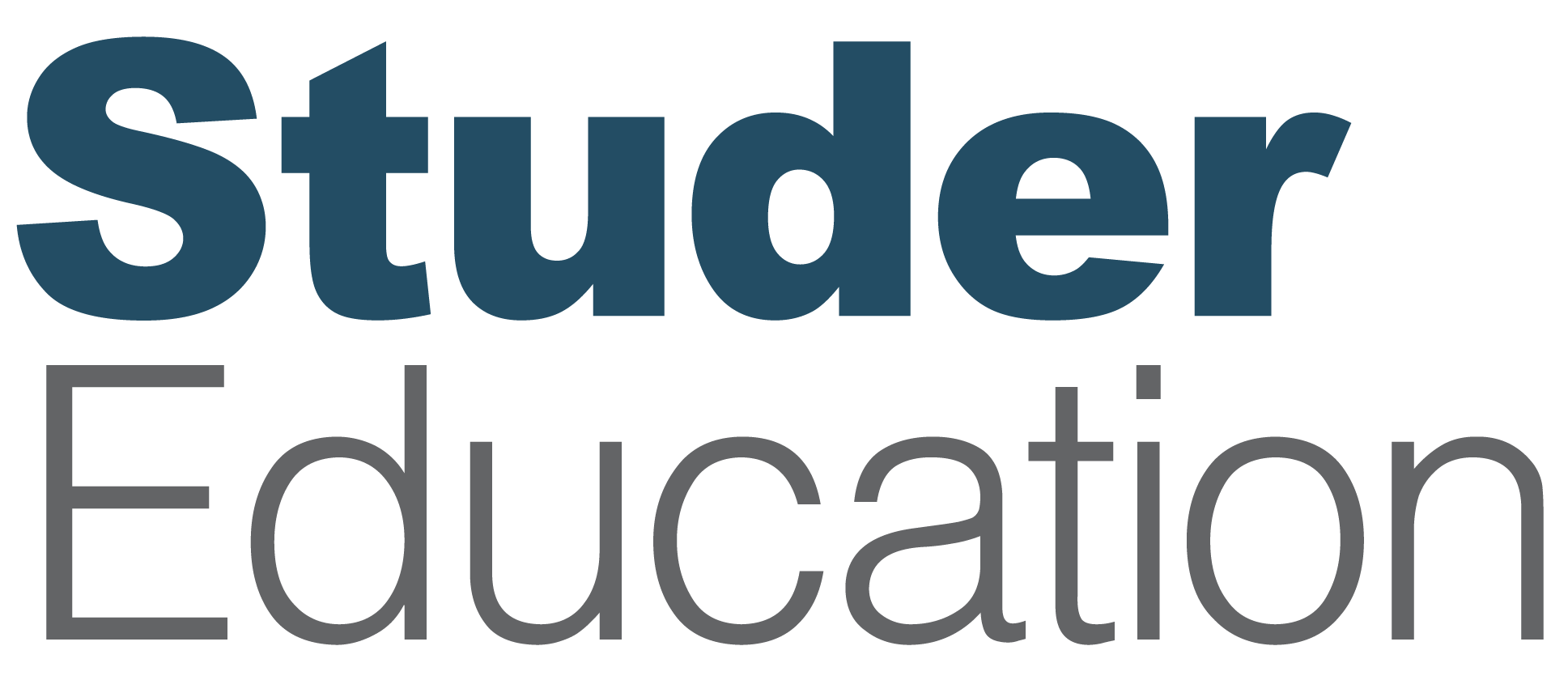Build trust and authentic relationships, harvest wins and identify barriers.
The time has come in which organizations are thinking about how to return to work with a new perspective and understanding. As we begin to engage with each other again in person and come to work in new ways, one simple tactic will be more important than ever. Rounding with purpose results in a better culture of engaged employees and leaders working together. Today, Janet shares 8 steps to create an approach for applying rounding with purpose in your organization.
This episode answers questions such as:
- How can we get ahead of potential problems as we lead teams through change?
- What is rounding with purpose? How does it differ from traditional rounding?
- How do we implement rounding with purpose in our organizations? Why is it so important right now?
Featured Episode Resources
 SE | KEY INGREDIENT FOR SUCCESS: LEADER ROUNDING
SE | KEY INGREDIENT FOR SUCCESS: LEADER ROUNDING
Leader rounding may be the most important tactic to help leaders engage individuals in the work environment. By rounding, we mean making the rounds, checking in with employees—but it’s really much more than that. It’s all about the follow through.
 9P | TAILOR YOUR ROUNDING QUESTIONS
9P | TAILOR YOUR ROUNDING QUESTIONS
When leaders round with employees on a routine basis, they harvest valuable information and form a trusting relationship. When we understand the purpose of the rounding questions, we can begin to modify these questions to better meet the individual needs of employees and the challenges they are facing at that moment.
 9P | THERE IS MORE THAN ONE WAY TO ROUND
9P | THERE IS MORE THAN ONE WAY TO ROUND
There isn’t a wrong way to conduct rounding – unless you are avoiding it all together. When we round, our goal is to build relationships with our stakeholders. The more often employees meet with their leaders, the more engaged they are. It doesn’t matter if we approach rounding in a formal or informal fashion. Its true value is in the connection itself.
 AYP | HOW TO ASK MEANINGFUL ROUNDING QUESTIONS
AYP | HOW TO ASK MEANINGFUL ROUNDING QUESTIONS
Within our organizations, change can amplify stress and hinder productivity. Our goal as leaders is to build relationships and help individuals move through their anxiety. We do this by asking meaningful questions that connect our organization’s standards of behavior to the work people are engaged with daily.
 9P | FROM CONNECTIONS TO ACTION
9P | FROM CONNECTIONS TO ACTION
Just as important as the conversations you’re having, is what you do with the information you collect. When employees feel like they are heard by their leaders and their needs are being met, they are more likely to be productive and stay with the organization longer.

